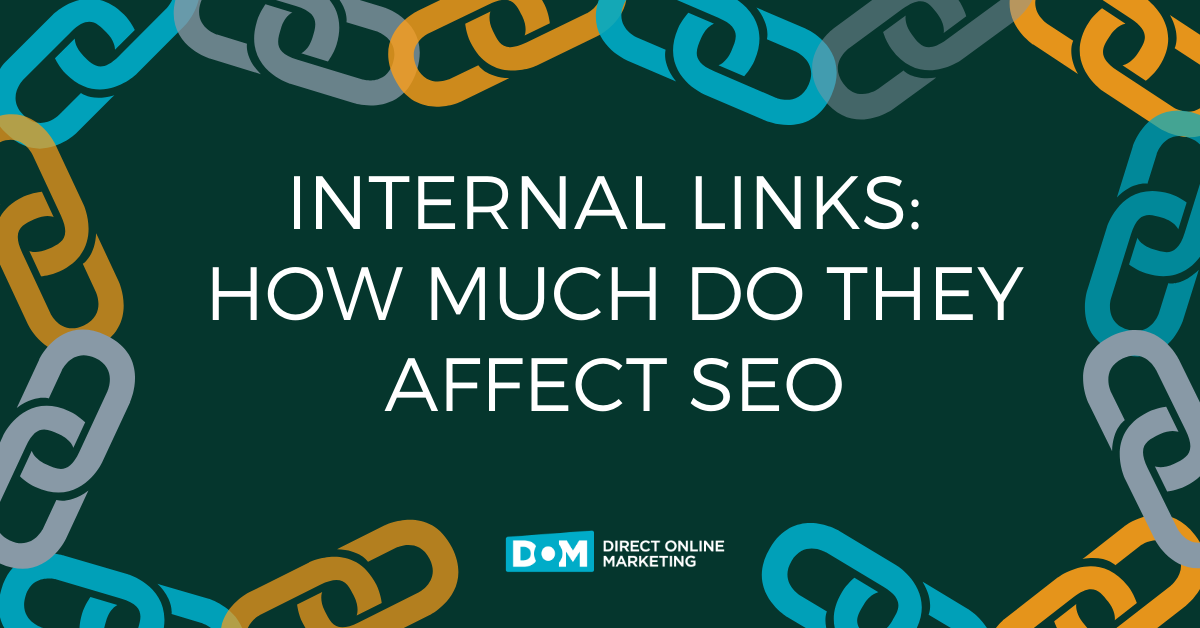I’ve always gunned for the underdog. There’s nothing I like more than getting hold of a Web presence of a small company and helping them compete with the bigger boys and girls.
Honestly, it’s fun. Whether it’s a small sheet metal shop getting its blog archived by The British Library, its sister company getting its planters on the TV, a small rural pub interviewed by BBC radio, a car sourcing company getting the Lamborghini factory in a twist over who had offered them one of 20 pre-sold $1.4 million Reventons – it all brings a smile to my face.
Now I’ll admit that most of this came about primarily due to having a blog as part of the marketing soufflé, but they all had a very nice SEO side-effect in that they brought in some awfully nice one-way links to each respective site from authority sites that wouldn’t even accept your grandmother as deposit.
So it’s no mystery as to why I was drawn to this particular article discussing how badly some big name brands fared when it came to optimizing their sites for search. It pipes:
“Quick, who’s the largest online retailer of shoes? Nike? Footlocker? Payless? Timberland? Not even close. The winner is Zappos.com, an eight-year-old company that, until recently, had little or no brand recognition. In 2006, Zappos.com sold more than the online sales of all the well-known brands listed above, combined.
Recently, Oneupweb looked at the top 100 online retailers, including some of the world’s most recognizable brands, to see how well they optimized their websites. What we found surprised even us.
Many of the world’s leading brands ignore SEO and maintain poorly optimized websites. In fact, 60 percent of the leading online retailers had little or no optimization on their websites. As the success of Zappos.com and other savvy internet marketers illustrates, extraordinary customer service combined with sound SEO can help a company overcome the obvious competitive advantage of branding alone.
Nike and brand marketing are synonymous. So, we were surprised to discover little or no sign of optimization on the company website. Someone searching for “athletic shoes” will not find Nike.com in the first three pages of Google results. In fact, the site barely shows up on page one of Google for the branded search term “Nike Athletic Shoes.”
Nike has an online visibility strategy. The company supplements its well-known branding efforts with paid online advertising for important keywords. Research indicates PPC campaigns are much more effective when combined with natural search. They aren’t in Nike’s case, leading us to speculate about how much more effective Nike’s online and offline marketing efforts could be if they were integrated into a well-executed SEO program.”
As much as I like the idea of Zappos caning Nike like a public (read private if you’re American) school headmaster suffering from an involuntary twitch, I’m going to have to defend Nike, or at least address one or two points that the article seems to miss.
1. Zappos doesn’t sell Nike athletic shoes, only Nike glasses and watches.
2. “60% of leading online retailers do little or no SEO.” Is this a contradiction in terms?
3. When you search for “Nike athletic shoes“, Nike appears #1 in the PPC listings. You also have a host of other sites appearing that sell Nike brand footwear.
4. When you search for “Nike athletic shoes”, Zappos appears #2 down the right in the PPC listings and their landing page is currently down. Research also shows that PPC campaigns work better when your server doesn’t time out. But, that wouldn’t matter seeming they don’t sell Nike shoes anyway.
Rather than asking who sells the most shoes, we can also ask: who is selling the most Nike brand shoes – Nike or Zappos? And it doesn’t require one of them there scientific types who specializes in rockets to tell you that it might very well be Nike.
But Nike is doing much more interesting things than competing with a load of online companies already selling its footwear. Marketing Pilgrim takes up the rest of the story:
“The NYT has a great summary of Nike’s “Nike+” effort to engage runners and get them to connect and compete with each other. In conjunction with Apple’s iPod, runners can time their laps, download their progress, and keep track of how their friends are doing–all without forceful participation by Nike.
This use of social media is helping Nike to better allocate its marketing budget.
Last year, Nike spent just 33 percent of its $678 million United States advertising budget on ads with television networks and other traditional media companies. That’s down from 55 percent 10 years ago, according to the trade publication Advertising Age.
Between 2003 and 2006, Nike “increased its nonmedia ad spending 33 percent, to $457.9 million, according to the Advertising Age data.”
How is this working out for Nike? Standing back, and letting the consumer decide how to interact with the brand, appears to be working. Recent reports suggest that 40% of Nike+ users end up converting to the Nike brand running shoes.”
And that’s the key issue – Nike is in the business of getting people to buy athletic shoes of the Nike variety, and it’s Zappos’ business to sell (athletic) shoes of any old variety. Would Nike shift more of their own shoes if their own site ranked better in search engines? It obviously wouldn’t do them any harm but would it be as cost effective as getting people more tuned in to their actual brand?
SEO should be a given of any Web site – a fundamental basic if you will. It’s about making sure your site has a fighting chance to be found and that search engines can read the content it contains to the best of their ability to ensure it’s indexed correctly. But, SEO in itself is more a case of leading horses to water as opposed to making them drink.
Then again, there are certain occasions where buying and selling don’t matter one iota, as this lady reminds us with her Zappos experience.


